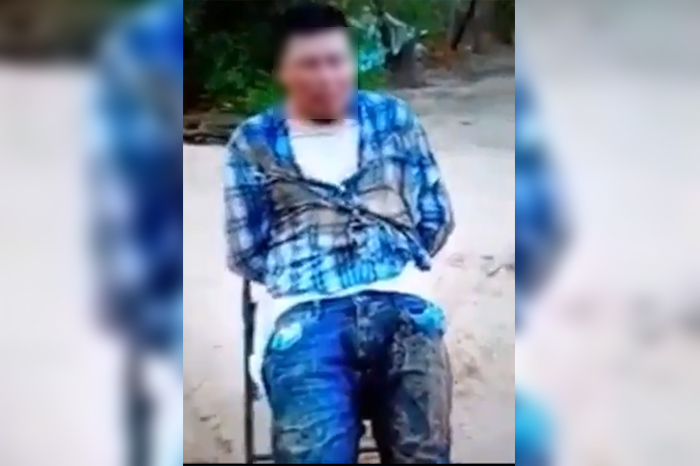

They found, in other words, a trove of valuable reporting-all of it compiled by a college student working anonymously out of his bedroom somewhere in northern Mexico. They saw video footage of bullet-riddled pickups and bloodied corpses. They saw photos of avenues blocked by big-rig trucks commandeered by the cartels. They read that the American consulate was urging people to stay indoors and that Mexican soldiers had arrested members of the Zetas, a brutal drug-trafficking group. There, they learned which streets to avoid and where the wounded were being treated. Local residents were able to get an idea of what was going on, however, by logging on to. The reason: in Nuevo Laredo, the press doesn't report what the cartels don't want people to know. Not a word of this appeared in Nuevo Laredo's other dailies either, or on its radio or television stations. The street battle-in Nuevo Laredo, the paper's home turf-had lasted five hours, shut down large swaths of the city, and left at least 12 people dead and 21 injured.

Nowhere in the paper's pages was news of the vicious clash a day earlier between drug cartels and the Mexican military. Among the top stories: the federal government was pledging aid in the wake of Hurricane Alex an Amber Alert system was being set up a new multilane bridge was rising according to schedule. After all the bloody mayhem that had taken place, the July 17 edition of the daily newspaper Primera Hora was filled with very bland stuff.


 0 kommentar(er)
0 kommentar(er)
